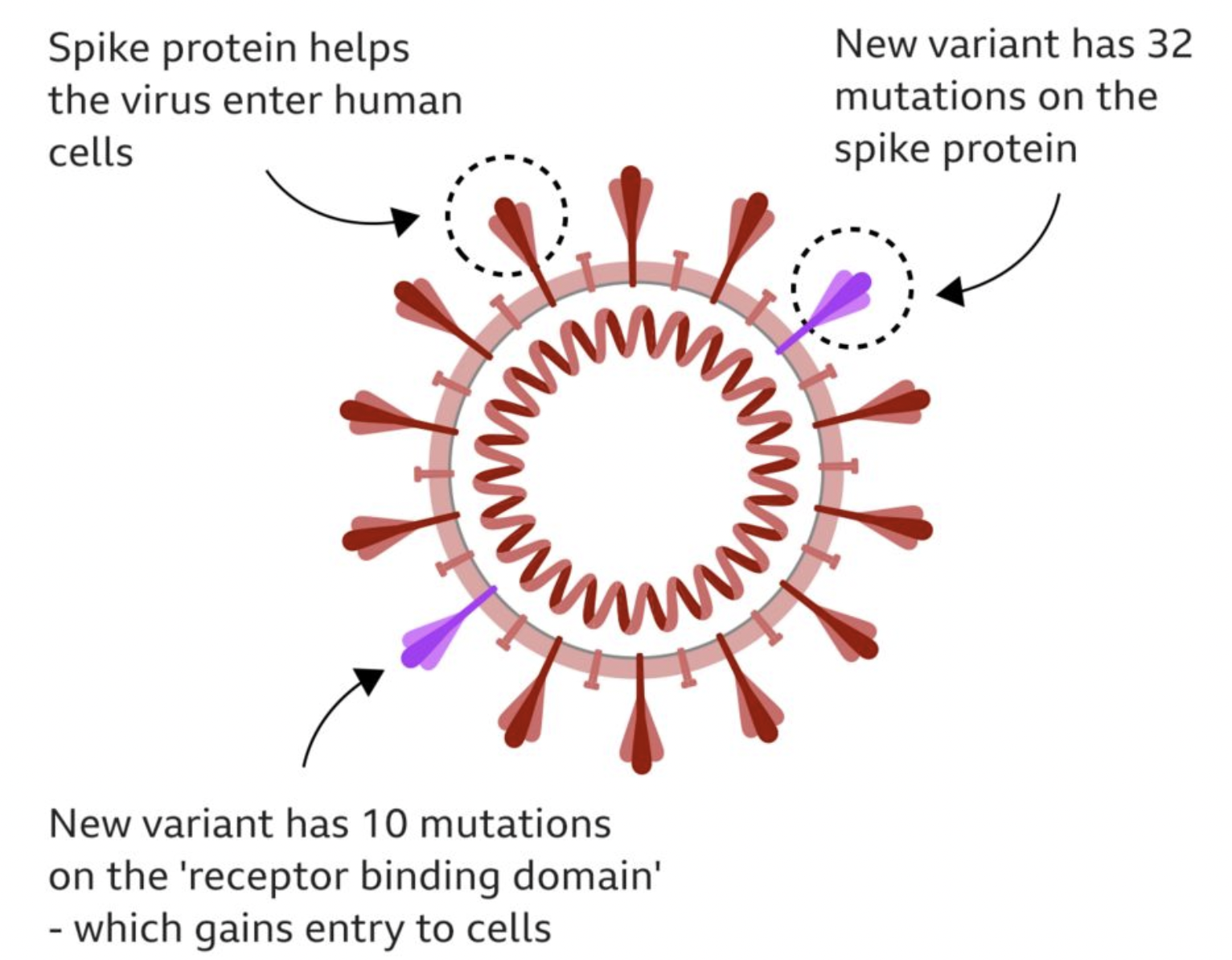This is an edited transcript of Professor Chris Whitty’s remarks at today’s Downing Street press conference
The existing situation is almost entirely Delta. In terms of numbers of cases, it is broadly flat. In younger children, there is quite significant transmission at this point in time, and rates are increasing in many parts of the country. At the other end of the spectrum, as a result of the booster programme almost certainly, rates are beginning to drift downwards in people over 60 and particularly people above 70. So we’re seeing an improvement in the group who are most vulnerable.
The numbers going to hospital are gradually decreasing. This is not a sudden drop. This is a gradual drifting down. But if the numbers overall remain roughly as they are, we should hope that this should continue to be the case as the booster campaign continues to provide significant additional protection to people over the next weeks. This is fortunately translating again into a gradual reduction in the number of people who are dying of Covid. And when we look at the booster program, the rates of this are going very well at the moment. So that’s the summary in terms of the overall epidemic.
Moving on to a few additional facts on the Omicron variant. We know that cases have been seen in four countries in southern Africa, not just South Africa. We know that they’ve been imported into several countries around the world, including Hong Kong (which reported one of the first cases), Belgium and – most recent reports suggesting – Germany and now in the UK.
We expect the numbers to continue to rise around the world over the next few days. That is our very strong expectation and the numbers of countries that will be reporting this will continue to rise. That is, I think, virtually inevitable here in the UK. Two cases here have been formally reported: the first in Essex and the second in Nottingham. Both of those are linked together, so they’re part of the same cluster. They are self-isolating and there is contact tracing going on by the UK Health Security Agency.
I just wanted to say a little bit about the virus. The first question is ‘is a virus capable of spreading’ and this one is spreading rapidly in many areas. So, for example, in the Gauteng area of South Africa, up to 90 percent of the cases that have been reported and genotypes are, we are told, are of this new variant. So spread is clear and it is spreading around the world, so it does achieve the first thing: it definitely can spread.
The second question is: to what extent is this because [Omicron] is able to escape immunity from prior infection or from vaccination? We do not know at this stage. But what we do know is that there are quite extensive mutations on the spike protein, which is an important part of the virus. That is the bit which all the vaccines are against, and indeed which most natural immunity is against. So there is a reasonable chance that at least there will be some degree of vaccine escape with this variant.

Importantly, it is easier for the virus to achieve ability to escape for infection than it is to achieve escape for severe disease (and then on to mortality). So there is a reasonable chance that, even if there is some escape from the ability to infect someone, it may be that their vaccines (in particular when they’ve had boosters) and natural infection boosted by vaccination, may be sufficient to prevent people from severe disease.
That is why that the prime minister has so strongly emphasised the need to boost on top of a primary course [of vaccination]. The stronger the immune system response, the better it is able to deal with a relative disadvantage due to the genetic makeup of this virus.







Comments